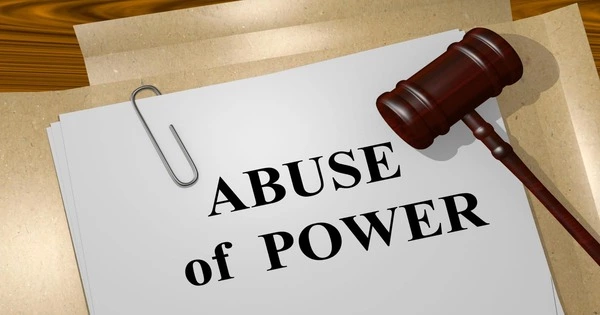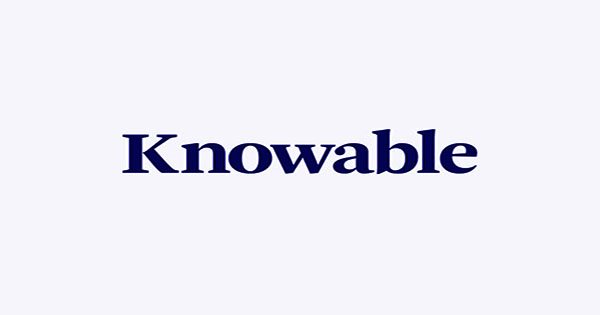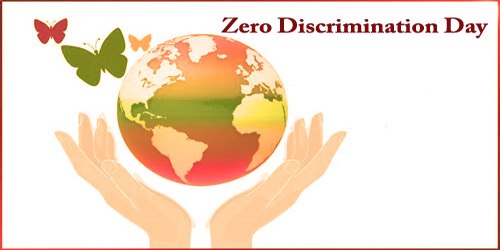Abuse of power refers to the unethical or unjust use of authority or influence by persons or institutions in positions of power. Abuse of authority, also known as “malfeasance in office” or “official abuse of power,” is the committing of an unlawful act while acting in an official position that interferes with the fulfillment of official duties.
Malfeasance in office is frequently a just grounds for the removal of an elected officer by statute or recall election. Officials that abuse their power are frequently corrupt. This can happen in a variety of contexts, such as government, organizations, relationships, or any environment where there is a power dynamic.
In the United States, abuse of power has been cited in the impeachment of at least five federal officials. Two of these (Judge George English and President Richard Nixon) resigned before their trial in the Senate could take place, and two others were acquitted by the Senate. The first impeachment trial of President Donald Trump concluded with the president being found not guilty on both articles of impeachment with one of them being the charge of abuse of power. At the state level, Governor Rod Blagojevich of Illinois was impeached and unanimously removed from office by the Illinois Senate in 2009 for offenses including abuse of power.
Here are some common examples of abuse of power:
- Political Abuse: Politicians and government officials may abuse their positions of power by accepting bribes or engaging in other corrupt actions. Leaders may exploit their position of power to stifle dissent, limit civil liberties, and violate human rights.
- Workplace Abuse: Subordinates may be mistreated or bullied by supervisors or coworkers who abuse their power. Those in positions of power may discriminate against employees on the basis of race, gender, or other protected characteristics.
- Law Enforcement Abuse: Law enforcement agents may use excessive force, infringing on citizens’ rights and misusing their authority. Authorities may abuse surveillance tools or conduct unwarranted surveillance on citizens.
- Domestic Abuse: One partner in a personal relationship may abuse power through emotional, physical, or financial abuse.
- Corporate Abuse: For financial benefit, corporations may misuse their authority by participating in behaviors that hurt consumers, employees, or the environment.
Abuse of power frequently necessitates procedures for accountability, transparency, and checks and balances within institutions. Societies must set and sustain ethical standards, promote openness, and hold those in positions of authority accountable for their actions. Education, awareness, and advocacy all play key roles in preventing and responding to power abuse at all levels of society.
















